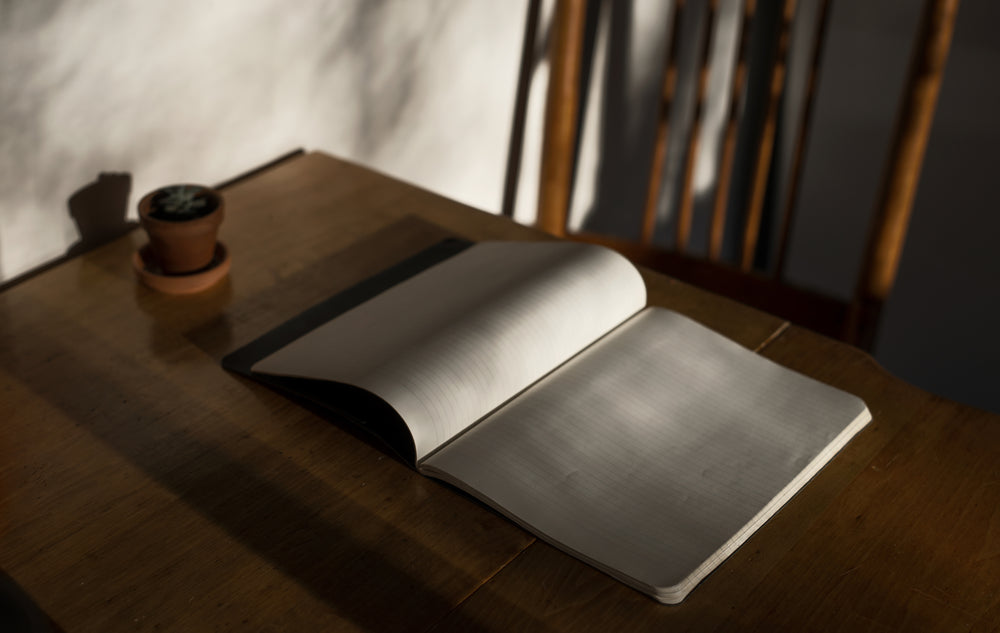How to Use Journaling for Effective Book Note-Taking?
Reading is a powerful way to gain knowledge, but retaining and applying what you learn is even more important. One of the best methods to deepen your understanding of a book is through journaling. By turning your reading notes into a reflective practice, you can improve comprehension, recall, and personal growth. Here’s a step-by-step guide on how to journal your book notes effectively.
Why Journaling Beats Passive Highlighting
Many readers highlight or underline passages but rarely revisit them. Journaling, however, encourages active engagement with the material. When you write about what you read, you:
- Process information more deeply
- Connect ideas to your own experiences
- Retain knowledge longer
- Develop critical thinking
Steps to Create a Book Journal
1. Choose Your Journaling Medium
Decide whether you prefer:
- A physical notebook (great for creativity and memory retention)
- A digital app (like Notion, Evernote, or Obsidian for searchability)
- A hybrid approach (e.g., handwritten notes later digitized)
2. Pre-Reading: Set a Purpose
Before diving in, ask:
- Why am I reading this book?
- What do I hope to learn?
Jot down your intentions to stay focused.
3. Active Reading with Note-Taking
Instead of passively reading:
- Summarize key points in your own words.
- Quote impactful passages and reflect on why they matter.
- Ask questions—what confuses or intrigues you?
- Make connections to other books or personal experiences.
4. Use Structured Templates (Optional)
To keep notes organized, try formats like:
- Cornell Method: Divide the page into summary, notes, and questions.
- Bullet Journaling: Use symbols (● for ideas, ! for insights, ? for doubts).
- Mind Maps: Visualize concepts and relationships.
5. Reflect After Each Reading Session
Spend 5-10 minutes writing:
- What was the most valuable idea?
- How can I apply this to my life/work?
- Do I agree or disagree with the author? Why?
6. Review and Revise Periodically
Revisit your notes after finishing the book:
- Highlight key takeaways.
- Combine insights into a one-page summary.
- Share your reflections in a blog or discussion group.
Bonus Tips for Better Book Journaling
✔ Keep it simple—Don’t overcomplicate; consistency matters more than perfection.
✔ Mix formats—Use sketches, sticky notes, or voice memos if helpful.
✔ Compare books—Note patterns between different authors on the same topic.
✔ Set a routine—Dedicate 10 minutes after each reading session to journal.
Book journaling transforms reading from a passive activity into an interactive learning experience. By writing, questioning, and connecting ideas, you’ll remember more and gain deeper insights.
Try it with your next book—you’ll be amazed at the difference!




Leave a comment